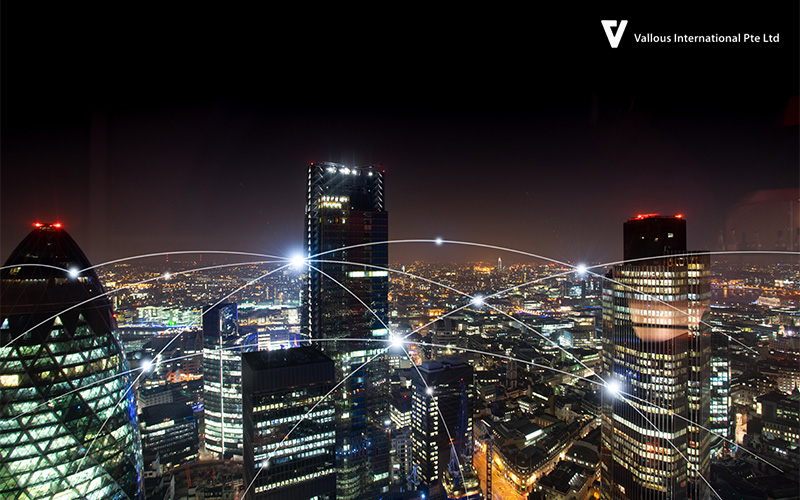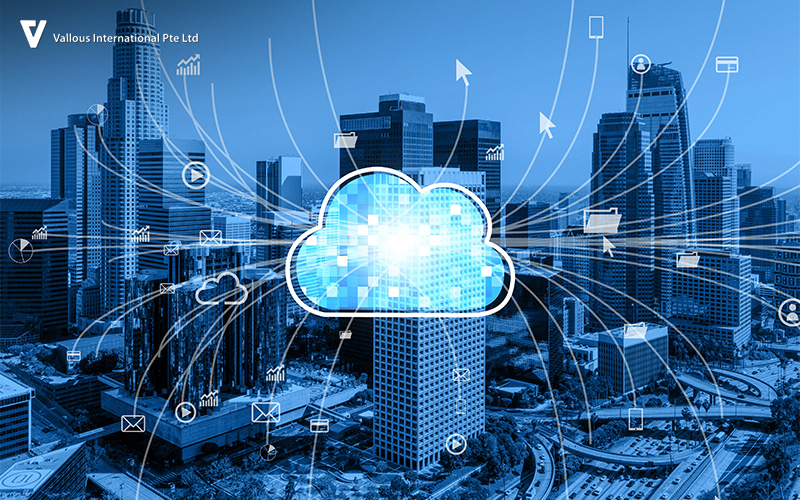
Key Takeaways:
What are Infrastructure Digitisation Solutions?
Infrastructure digitisation solutions refer to the use of digital technologies to upgrade, manage, and optimise physical infrastructure systems. These solutions transform traditional infrastructure, such as buildings, transportation, and power grids, into smart, interconnected systems that can be monitored and controlled in real time.
How are They Reshaping the Modern Era?
- Smart cities and urban planning
- Predictive maintenance
- Cloud and big data
- Blockchain security
- Sustainability
Introduction
Across Singapore and globally, the way businesses manage critical infrastructure is undergoing a radical transformation. Technologies like artificial intelligence (AI), the Internet of Things (IoT), cloud computing, and blockchain are no longer just buzzwords. In fact, they’re now the engines behind infrastructure digitisation solutions, making operations more efficient, secure, and sustainable. In this article, we will discover how these innovations are reshaping industries that rely heavily on uninterrupted uptime, real-time monitoring, and intelligent decision-making.
What are Infrastructure Digitisation Solutions?
Infrastructure digitisation solutions refer to the use of digital technologies to upgrade, manage, and optimise physical infrastructure systems. These solutions transform traditional infrastructure, such as buildings, transportation, and power grids, into smart, interconnected systems that can be monitored and controlled in real-time.
How are They Reshaping the Modern Era?
1. Smart Cities and Urban Planning
Smart infrastructure technology involves the digital integration of physical assets with software, sensors, and analytics tools. This convergence is key to enhancing operational visibility and delivering greater ROI for enterprises across sectors.
In Singapore, where innovation is driving smarter living and working environments, digital transformation in urban planning is fast becoming a national priority. Cities are deploying IoT sensors and AI analytics to optimise traffic flow, reduce energy consumption, and manage municipal resources more effectively.
2. Predictive Maintenance
Traditional maintenance is reactive. Predictive maintenance systems flip the script by using AI and real-time data to forecast issues before they lead to failure. By monitoring equipment health and performance around the clock, businesses can avoid costly unplanned downtime and extend the lifespan of mission-critical assets.
For companies managing complex facilities like data centres, this strategy greatly boosts system reliability. By integrating predictive monitoring tools into existing infrastructure, businesses can enhance operational performance while improving energy efficiency.
3. Cloud Computing and Big Data
Infrastructure digitisation solutions generate vast amounts of operational data. However, the true value comes from rapid, intelligent analysis. With cloud platforms and big data analytics, organisations can assess risks accurately and quickly address any anomalies.

Thanks to infrastructure digitisation solutions, these capabilities pave the way for seamless integration with software platforms and intelligent automation. Backed by servers, networking equipment, and storage systems, IT infrastructure services provide the essential backbone for a powerful, future-ready digital ecosystem.
4. Blockchain in Infrastructure Management
Security and transparency are critical, particularly in large-scale infrastructure projects. Blockchain in infrastructure management provides a decentralised, tamper-proof method to track contracts, transactions, and compliance.
This technology is increasingly being used to validate equipment sourcing, streamline supply chains, and automate payment milestones via smart contracts. It’s an important step forward for local businesses looking to improve accountability and reduce administrative overhead in capital-intensive operations.
5. Sustainable Outcomes Through Intelligent Infrastructure
Digitisation isn’t just about speed or convenience. It’s also a powerful enabler of environmental responsibility. By optimising energy usage and monitoring carbon footprints, infrastructure digitisation helps organisations meet sustainability goals while cutting operational costs.
For example, modern UPS data centre systems and energy-optimised cooling solutions reduce power wastage and improve PUE (Power Usage Effectiveness) scores. These key metrics are meaningful for any enterprise-level facility.
Why Partner with Vallous?
As a trusted partner in critical power solutions for Singapore businesses, Vallous International ensures that our clients’ infrastructure is not only future-ready but also built with sustainability in mind.
Specialising in end-to-end infrastructure digitisation, we help clients integrate with IoT ecosystems, AI-powered analytics, and smart automation platforms. Our solutions enable real-time monitoring, data-driven optimisation, and better asset performance.
Looking for dependable data centre management services in SG or aiming to build a complete digital-first infrastructure? Vallous offers both the hardware and intelligence layer to make everything work smarter.
Contact us to learn more about infrastructure digitisation solutions and how to future-proof your operations.